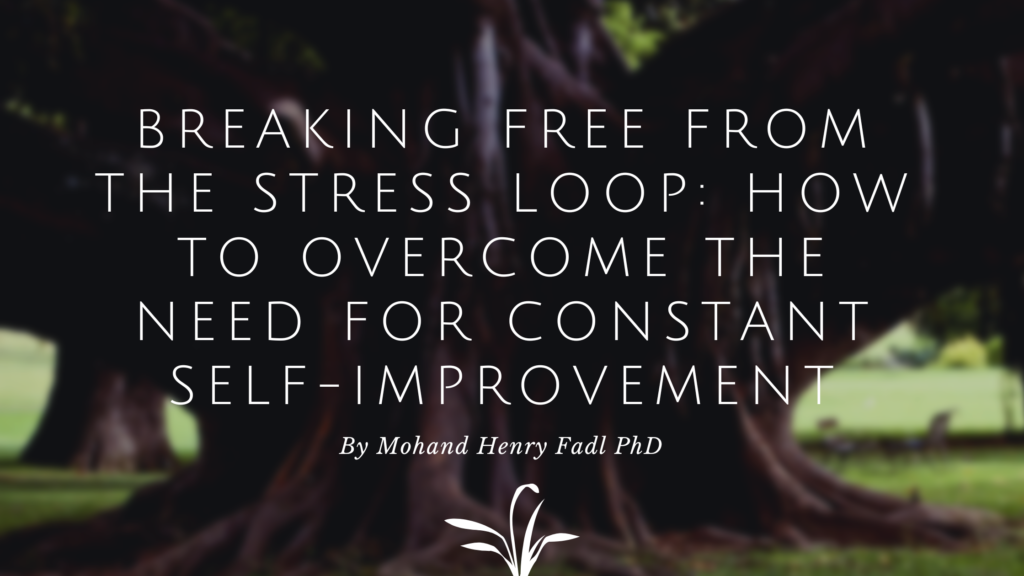Recently, I stumbled across an article on the internet that really made me think about how we deal with stress and anxiety in our everyday lives. The article explored a fascinating idea: that all human suffering stems from how our brains were programmed in childhood. As kids, we develop something called the “fight or flight” response, which is meant to protect us from physical threats.
Back in the day, it helped us escape dangerous situations—like being chased by wild animals. But in today’s world, where most of us aren’t running from predators, this response often gets misused in ways that harm us emotionally.
For example, instead of protecting us from real danger, our fight or flight response kicks in when we’re afraid of being judged, failing, or feeling like we’re not good enough. This creates all sorts of emotional triggers—anxiety, confusion, and even the feeling of being stuck.
Everyone experiences these feelings in different ways, and according to the article, they often shape how we act. Some of us may become “people pleasers,” constantly trying to make others happy. On the flip side, some people develop narcissistic tendencies, always seeking validation and putting themselves first.
What stood out to me was how the article criticized modern psychology. It argued that instead of helping people live in the moment and process their emotions, psychology often pushes people to “fix” themselves, which only reinforces the belief that something is wrong with us.
It’s like an endless loop—you’re constantly chasing the idea of fixing yourself, which keeps you from actually living in the present.
So how do we break free from this? The author suggests that the key is to stop obsessing over “fixing” ourselves and simply focus on being present. It’s about letting go of the need to always improve or change and instead accepting ourselves as we are, in this moment. Take relationships as an example—if you’re constantly worried about being the perfect partner, you’re living in the future.
But if you can be present, acknowledge your feelings, and communicate openly with your partner, you’ll find more peace and fulfillment.
This resonated with me because I think we can all relate to feeling stuck in that loop of self-improvement. We’re often told that we need to fix or change parts of ourselves to be happy. But what if, instead, we focused on accepting our emotions and living in the “now”?
I’ve been reflecting on how I can apply this idea to my own life—especially when it comes to managing stress or feeling like I’m not enough. I’ve started to catch myself when I’m overthinking or trying to control the future, and instead, I’m working on being more present.
For example, I recently found myself feeling anxious about a project at work. Normally, I’d dive into overanalyzing everything—trying to perfect it and worrying about how it would be received. But this time, I took a step back and reminded myself to focus on the task at hand, to be present.
Written by: M. Henry Fadl PhD (Mr. Concord)
Thank you for taking the time to explore this topic with us! We hope you found the information helpful and insightful. Have any thoughts, questions, or additional examples to share? We’d love to hear from you in the comments below!
Don’t forget to spread the word by sharing this blog with your friends, family, and colleagues. Together, let’s continue to learn, grow, and connect with the world around us. Happy reading and sharing!”
Follow Me On TikTok

